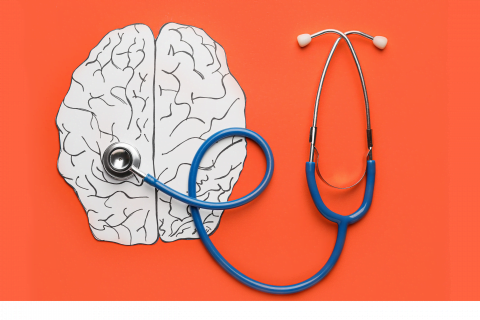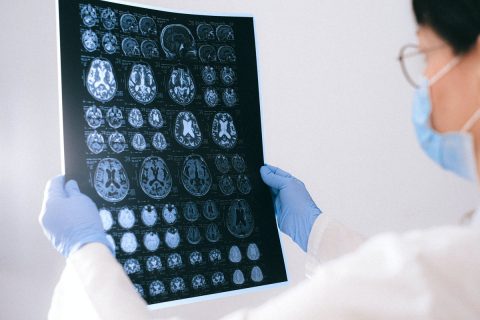As we get older, it’s natural to wonder how our memory and focus are holding up. Have you ever wondered how doctors assess these thinking skills? That’s where cognitive testing comes in. These tests help healthcare professionals evaluate a variety of brain functions, from memory and focus to overall cognitive health. But how have these tests changed over time?
Let’s take a trip through the history of cognitive testing and see what the future holds for this crucial tool.
Early Days of Cognitive Assessments: From Simple Clocks to In-Depth Cognitive Testing.
The Surprisingly Simple Clock Drawing Test (CDT)
Believe it or not, one of the first cognitive assessments involved drawing a clock! Developed in 1915, the CDT might seem like a breeze, but it assesses crucial skills like visuospatial abilities and memory. While it’s a good tool for moderate to severe dementia, it struggles to detect early signs.
The Rise and Fall of the Pen-and-Paper MMSE
The 1970s and 2000s saw the rise of pen-and-paper tests like the Mini-Mental State Exam (MMSE). This 11-question test was once widely used, but limitations emerged. Scoring could be subjective, and it wasn’t suitable for everyone, especially those with limited education.
Beyond Pen and Paper Cognitive Testing: Digital Solutions for a Digital Age
As the number of people with dementia is expected to rise significantly, the need for efficient and reliable cognitive testing tools becomes even more crucial. Here’s what the future holds:

- Digital Solutions: Imagine cognitive assessments that seamlessly integrate with electronic health records! Digital tests can be quicker, easier to administer, and offer objective results.
- Focus on Early Detection: Early intervention is key in managing cognitive decline. Future tests will likely be more sensitive to detect early signs of impairment.
- Standardized Administration: Standardized digital tests will ensure consistent administration and scoring, reducing the risk of human error.
- Monitoring Progress: Digital platforms can track your cognitive performance over time, providing valuable insights for healthcare professionals.
Taking Charge of Your Cognitive Health
As Alzheimer’s disease cases are projected to nearly triple by 2060, equipping primary care physicians with fast, reliable cognitive screening tools is crucial. Integrating these tools into routine annual physicals for older adults would be a game-changer. Ideally, these tests should be sensitive enough to detect cognitive decline in the early stages, when interventions are most effective in managing the condition.
At Ivory, we understand the importance of proactive cognitive health management. Our comprehensive Cognitive Health Checkup goes beyond traditional tests. It combines a personalised consultation with a neuro-counselor, neuroscience-backed assessments, and a review of your health and lifestyle data. This allows us to identify modifiable risk factors and create a personalised plan to support your cognitive well-being.
About Ivory’s Cognitive Health Checkup
If you’re over 40, it’s time to prioritize your brain health with our Cognitive Health Checkup.

- Designed by Top Neuro Experts: Created by neuroscientists and neuropsychologists with 60+ years of combined experience, our Cognitive Health Checkup is based on 20 years of research.
- Neuroscience-backed Assessments: Our Cognitive Health Checkup uses simple games and assessments to identify your cognitive strengths and areas for improvement, covering memory, attention, and problem-solving skills.
- Health & Lifestyle Screening: We assess key health metrics like blood pressure, blood sugar, and lipid profile to identify all possible risk factors affecting cognitive health.
- Neuro-counsellor Consultation: Receive a personalized one-on-one session with a neuro-counsellor to discuss your results and understand your cognitive health checkup profile and risk factors.
- Personalized Recommendations: Get a 360-degree summary of your cognitive profile with personalized recommendations to address modifiable risk factors and maintain cognitive health.
If you’re over 40, it’s time to prioritize your brain health with our Cognitive Health Checkup.
Schedule your checkup today and take the first step towards better brain health.
Book Your Cognitive Health Checkup Now!
By proactively managing your cognitive health, you can enjoy a better quality of life and peace of mind.
Remember, early action can outsmart dementia! And, cognitive testing is just one piece of the puzzle when it comes to brain health. Maintaining a healthy lifestyle, managing chronic conditions, and staying mentally stimulated are all important for keeping your brain health in check.




